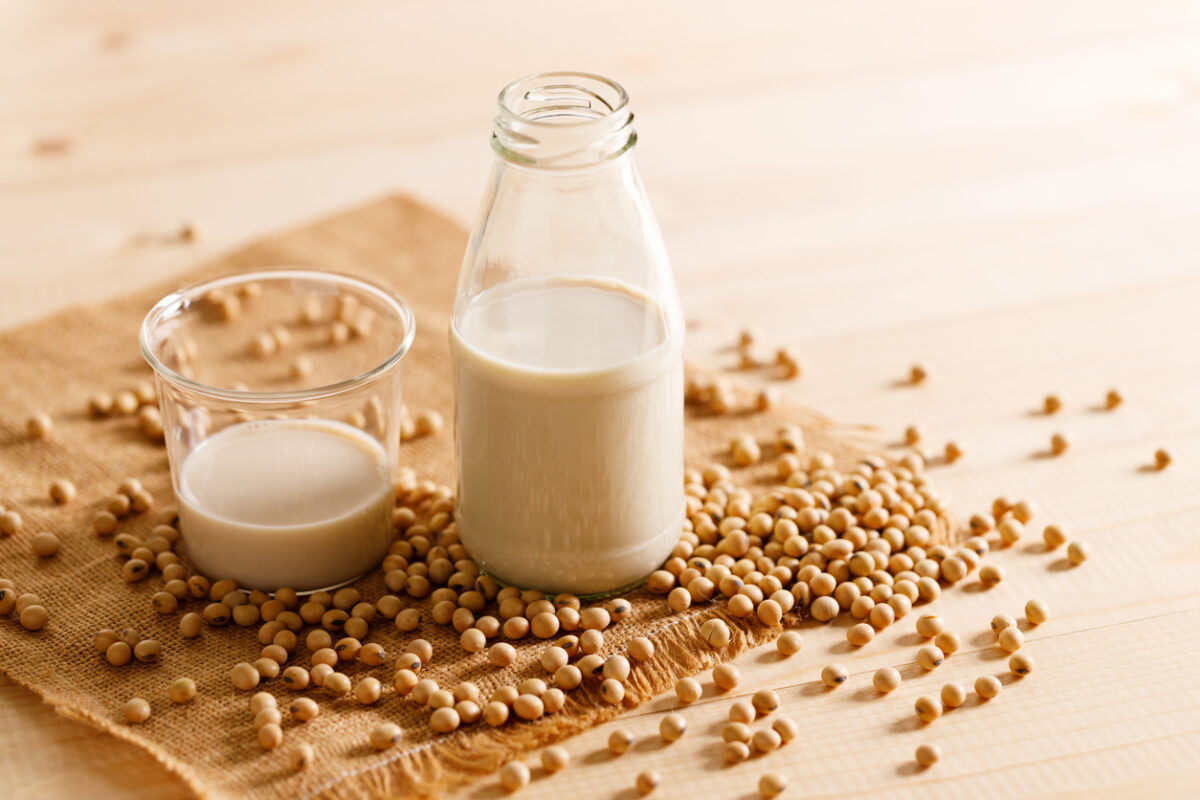Retirement is a time to slow down and enjoy life. But for many people, slowing down can turn into sitting too much. Days can slip by with barely any movement, especially if you’re not working, commuting, or chasing deadlines anymore. It’s easy to fall into the habit of staying still. But staying active doesn’t have to mean lifting weights or joining a gym. Even small daily movements can improve your energy, circulation, and mental clarity.
Let’s look at realistic and enjoyable ways to move more during the day—especially for people who want to stay healthy, but don’t want a traditional “workout” routine.
Reframe Movement as a Lifestyle, Not a Workout
Small Actions Throughout the Day
You don’t need a fitness plan. What you need is a mindset shift. Think of movement as something to sprinkle throughout your day.
- Walk while you talk on the phone.
- Stand while folding laundry.
- Pace during TV commercials or while waiting for the microwave.
Benefits of Light Movement
Small actions matter. According to the CDC, older adults benefit from any movement, even short bursts.
When you stop seeing activity as a chore, you start finding joy in simply moving.
Start Your Day With Light, Purposeful Motion
Morning Routines That Encourage Movement
The way you start your morning sets the tone for the rest of the day. Begin with a few gentle movements to wake up your body.
- Try light stretches while still in bed.
- Do arm circles or leg lifts while brushing your teeth.
- Take a short walk around the block after breakfast.
Get Inspired with Guided Videos
You don’t need to break a sweat. Just aim to wake up your muscles and joints. This helps with stiffness, boosts circulation, and increases energy.
You might enjoy following a short, guided video like this one for seniors on YouTube.
Incorporate Functional Movement Into Daily Chores
Chores as Built-In Activity
Think of chores as free opportunities for movement.
- Vacuuming uses your arms and core.
- Gardening builds leg strength and improves flexibility.
- Washing windows stretches your shoulders and back.
Track Progress for Motivation
Instead of rushing through tasks, treat them as mini-workouts. Put on music. Take your time. Bending, lifting, and walking—even around your home—keeps your body in motion.
Need more motivation? Use a simple pedometer or a step-counting app to track how much you’re already moving. You might surprise yourself!
Find Low-Impact Activities You Actually Enjoy
Movement Can Be Fun
You’re more likely to stay active if you enjoy what you’re doing. Try several activities and stick with the ones that feel good.
- Take a nature walk and listen to birds.
- Try chair yoga or tai chi for joint-friendly movement.
- Join a beginner dance or aqua-fit class at a local community center.
Indoor Options for Bad Weather
Even five minutes here and there helps. Don’t underestimate how much better your body and mood feel after enjoyable, low-impact movement.
And if weather is an issue, look for indoor options. Walking at a mall or using online programs designed for older adults can be just as effective.
Build a Simple, Sustainable Routine You’ll Stick With
Make Movement a Habit
Consistency beats intensity. You don’t have to move a lot—you just have to move often.
- Set reminders to stand up every hour.
- Use a calendar or tracker to mark off activity days.
- Partner with a friend for accountability.
Strengthen with Light Resistance
Start small: aim for 10–15 minutes of movement three times a day. That could be a short walk, some gentle stretching, or tidying up the house. Over time, it becomes second nature.
Also, consider adding light resistance to your routine—such as resistance bands or small hand weights. This supports strength and bone health, which are especially important after 50.
Final Thoughts
You don’t need a gym or an intense workout plan to stay active after retirement. You just need to rethink how you move during the day. Make small, intentional changes. Walk more. Stretch more. Sit less.
Your body and mind will thank you.
If you’re looking for natural support for energy and hormonal balance as you age, check out our menopause-friendly supplement, Juveriente Effisoy, formulated with fermented soy isoflavones. It’s designed to help you stay vibrant and active in this next stage of life.
Supporting Bone Health with Juveriente Bone Strength Complex
Supplements can help bridge nutritional gaps when diet alone isn’t enough. Juveriente Bone Strength Complex includes ingredients that promote both bone and brain health.
The Power of Beta-Cryptoxanthin
Derived from Japanese mandarins, beta-cryptoxanthin enhances bone strength and supports cognitive resilience. Studies suggest that it may help prevent both osteoporosis and neurodegenerative conditions by reducing oxidative damage.
Enhancing Absorption with Natural Compounds
This supplement also contains vitamin D and magnesium, essential for calcium absorption and brain function. These nutrients work together to maintain bone density and mental clarity as we age.












































